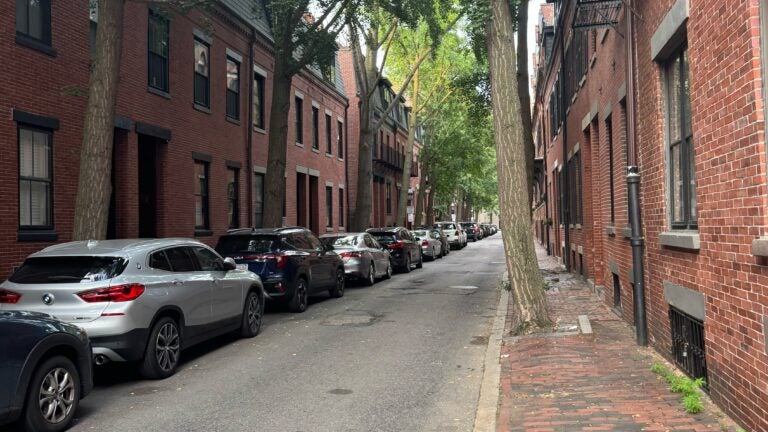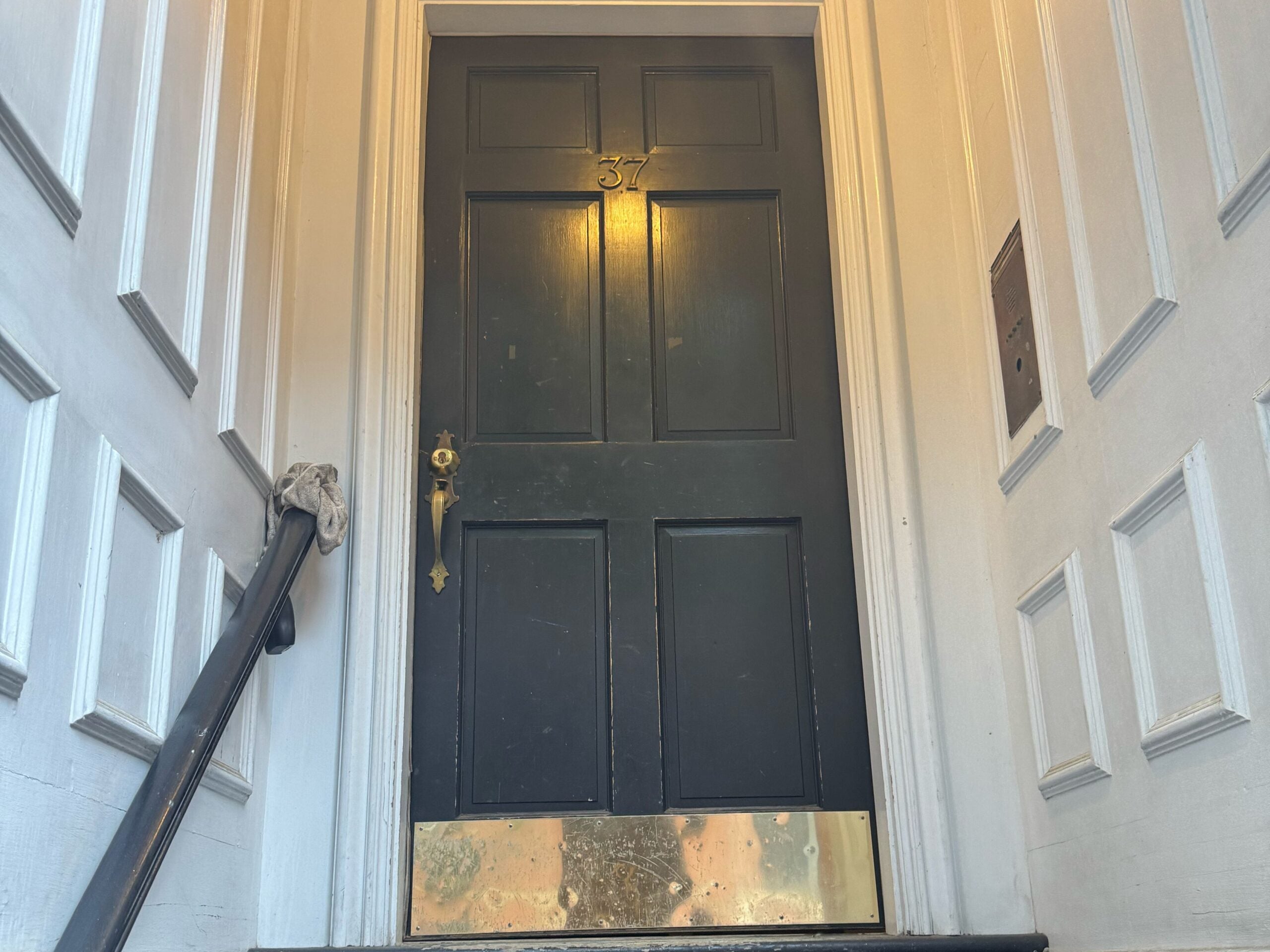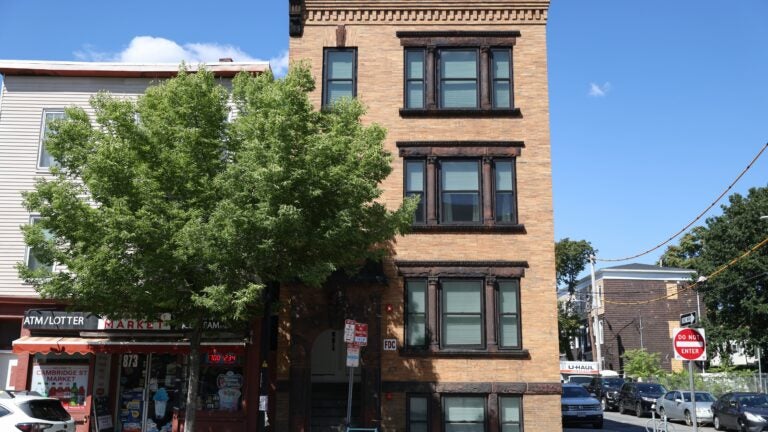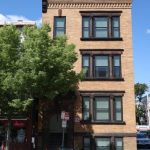Renting
Multiple levels of anonymity leave neighbors in the dark about who is living next door, and for how long.

Alex’s upstairs neighbors were dancers, but it wasn’t until they moved out — and the unit appeared on the short-term rental website Airbnb — that the noise began to bother her.
Short-term rentals, or STRs — often listed on websites such as Airbnb and VRBO — were originally seen as options designed for flexible travel that helped homeowners supplement their income. As their popularity has grown, cities have responded with ordinances intended to provide some checks and balances, such as requirements that owners register the units and the address is their primary residence.
Officials said the ordinances are designed to create accountability between owners and neighbors who are accommodating the presence of STRs, as well as supporting municipal revenue with fees and enforcing safety regulations. When a home becomes a hotel, residents struggle to understand who their neighbors are and who to call when they need help.
“I found out by meeting one of the people [renting short term], and I was … introducing myself, like anybody else would,” recounted Alex — who asked that her real name not be used because of fear of retribution — of her South End apartment. “And they were like, ‘Oh, this is actually an Airbnb. Do people actually live here?’”
According to city records, that unit in the building listed on Airbnb is not eligible for short-term rental, and no permit exists in the city’s database.
Boston’s short-term residence ordinance requires owners to register a unit used in such a way and to live at the address as their primary residence in some capacity, among other criteria.
Alex has since moved out of her apartment, citing early-morning suitcase noise as one factor. Neighbors to STRs in Boston and Cambridge interviewed — including Alex, who uses them when visiting other cities — said they do not oppose short-term rentals on principle, but it’s the shirking of the permits that bothers them when it may also be associated with uncollaborative neighbors.
Following Boston’s ordinance implementation in 2018, Airbnb sued the city over restrictions but settled, allowing the city to begin requiring STR registration. Boston’s requirements include multiple proofs of residence, for the permit number to appear in online rental listings, and for registrants to apply for a business certificate with the city.
Currently, Boston has issued 1,160 short-term rental permits, according to Lisa Timberlake, Inspectional Services’ spokesperson. Airbnb data tracker AirDNA said in a statement to the Globe the average Greater Boston area nightly fee is $301.81 as of July. It was $122.93 back in January 2018.
While Airbnb agreed to remove listings that have not been registered and says all listings must comply with local ordinances, not all do. Some Airbnb investment advocates say earning “passive income” by managing STRs on the platform is easy, but following the web that enables them is not always.
Alex said her Gray Street address — part of a three-unit building that is owned by Newton-based Marco, Sergio, and Eduardo Finkielsztein and registered to MASERED Gray Street LLC, according to the secretary of state website — was managed by the Boston-based firm “I Heart Real Estate.” The adjacent apartment is hosted on Airbnb by “AirbnbQueen,” an account that has short-term rentals in Boston and Miami. The account has more than 130 listings on the platform. The accounts are active, continuing to garner thousands of reviews from visitors to Boston locations.

Reached by phone, I Heart Real Estate owner Paige Stone — whose staff page lists eight members — initially denied managing any Boston properties or any current Boston short-term rentals. But she later said her agency does collect rent and manages tenant relations, including for property on Alex’s South End street.
Meanwhile, another apartment in the building was recently listed by one of Stone’s agents. Stone said she did not know who Airbnbqueen or the other cohosts were. When asked why listings cohosted by Airbnbqueen and Paige were linked from her company’s website — including that of a Miami Beach property Stone said she owns and manages — Stone said she hadn’t been on her website in several years, growing irritated with questioning. Soon after she was reached, the listing page went blank.
“Does anyone want to talk to reporters?” she snapped.
Stone’s Miami- and Boston-based properties are both hosted by Airbnbqueen on Airbnb. Stone is pictured on social media in front of the Marley Sofi, a Miami Beach STR she cohosts along with the same accounts that host a panoply of Boston-area Airbnb listings. Property records confirm that Wellesley-based Stone, through an LLC, owns the building. A Marley Instagram account featuring photos of Stone at the building links to a TikTok account called Airbnbgoddess, subtitled Airbnbqueen, which features Stone’s face as the profile image. That account offers a long stream of 2022-era Airbnb management coaching videos, explaining how to seek corporate leases from owners to turn into Airbnb units, and detailing the setup of STRs that contain identical furnishings to those in currently active listings, many located in Boston. That process is sometimes referred to as “Airbnb arbitrage.” A series of online Airbnb manuals for locations in Boston, Somerville, and Newton, disappeared from a site linked from I Heart Real Estate’s homepage after Stone was contacted by the Globe.
Stone is also the manager of Ellie House LLC, which matches the name of an 11-unit licensed lodging house at 169 St. Botolph St. in Boston that the LLC purchased in 2022 for $4.1 million, according to state records. Airbnbqueen cohosts several listings in the building available on Airbnb, for which recent reviewers thank a host named Paige.
Attempts to contact the owners of the Gray Street building, who according to city assessment records do not take a residential tax exemption on the property, were unsuccessful.
Lindsay Crudele is a Boston-based journalist. Follow her on Bluesky @lindsaycrudele.
Address Newsletter
Our weekly digest on buying, selling, and design, with expert advice and insider neighborhood knowledge.




